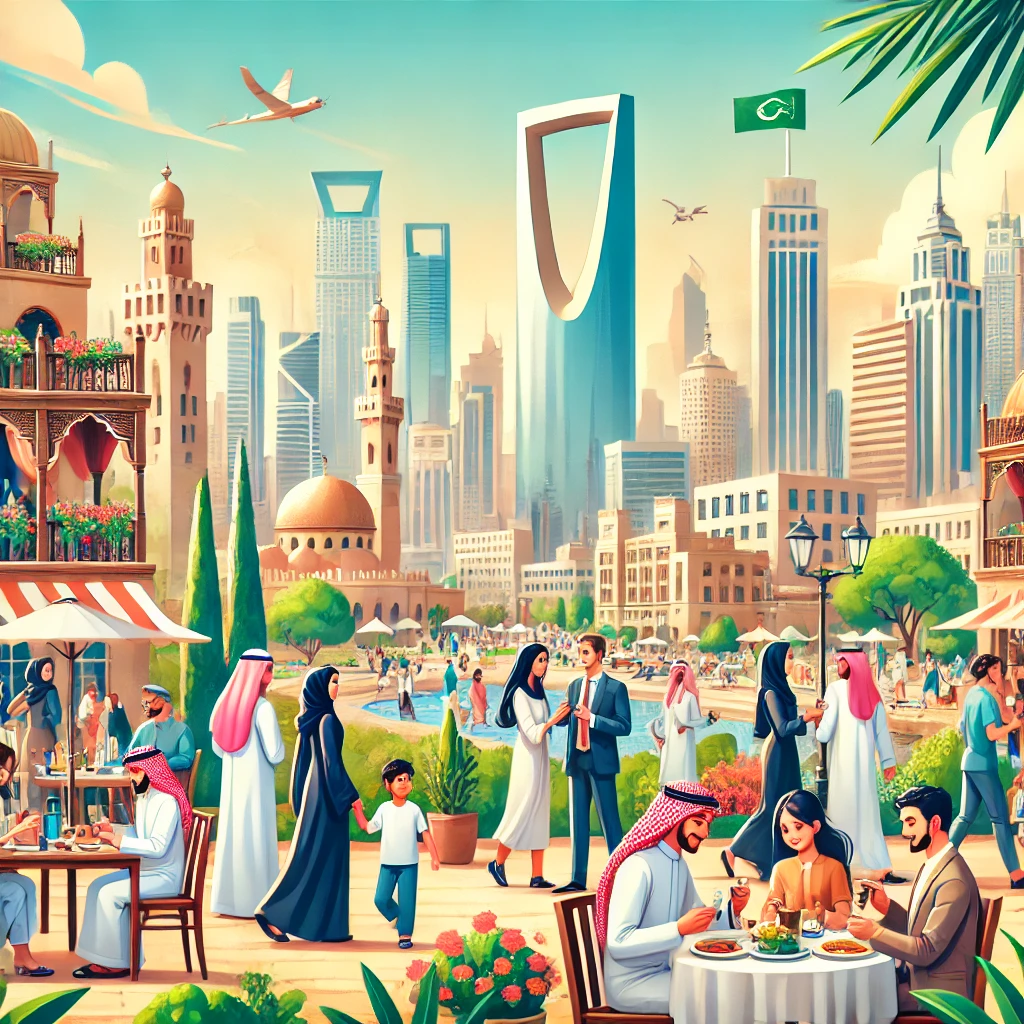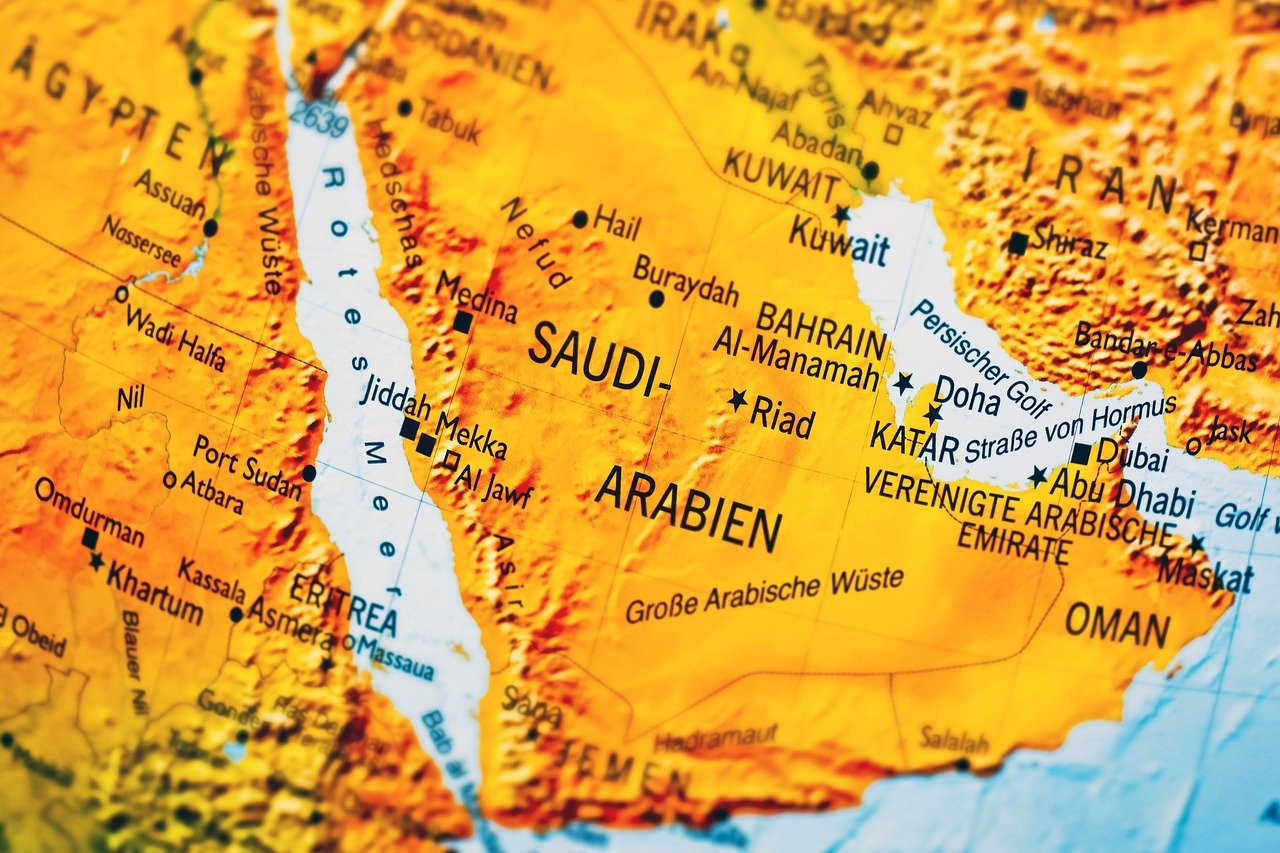Living as a foreigner in Saudi Arabia offers a unique experience that blends tradition with modernity. Whether you’ve moved for work, family, or adventure, understanding the culture and lifestyle can help you make the most of your stay. Here’s an insight into what daily life is like for expatriates in this fascinating country.
Cultural Respect and Adaptation

One of the most significant aspects of life in Saudi Arabia is its deep-rooted Islamic culture. The country follows Islamic traditions strictly, and as an expatriate, it’s essential to respect these customs. This means dressing modestly, especially in public spaces, and being aware of prayer times, which occur five times a day and impact the flow of daily life. Malls and shops will close during prayer times, so plan your activities accordingly.
Additionally, the workweek typically runs from Sunday to Thursday, with Friday being a holy day of rest. Many expatriates take advantage of this weekend to explore the country’s unique landscapes or participate in leisure activities.
Work Life

Saudi Arabia attracts a large expatriate workforce from around the world, particularly in fields such as engineering, healthcare, education, and construction. The work environment is usually formal, and expatriates often work in multicultural teams, blending various work ethics and practices. While the workweek might seem long, many companies offer perks like tax-free salaries, housing allowances, and health benefits.
Accommodation and Housing
Housing for expatriates varies depending on location and budget. In major cities like Riyadh, Jeddah, and Dammam, many expatriates live in compounds – gated communities that offer a blend of Western and local amenities. These compounds often provide a social hub, with swimming pools, gyms, cafes, and communal spaces. Outside of compounds, accommodation options include villas and apartments, and while they may lack the same level of facilities, they offer an opportunity to experience more of the local culture.
Social Life and Community
Saudi Arabia has a growing expatriate community, especially in cities like Riyadh, Jeddah, and Dhahran. You can find expat clubs and online groups that host events and activities, making it easier to build a social network. Social gatherings often take place within compounds, and there are various expat clubs where you can meet people from around the world. Many expatriates also enjoy traveling to nearby cities or taking short trips to neighboring countries like the UAE or Bahrain, especially for entertainment and recreation.
In public, it’s important to be mindful of local customs. For instance, men and women who are not related should avoid public displays of affection and always act conservatively in mixed-gender settings. However, with recent social reforms, the environment is gradually becoming more relaxed, with more entertainment options such as cinemas, concerts, and festivals now available.
Food and Dining
The food culture in Saudi Arabia is a delightful mix of Middle Eastern cuisine with international influences. Restaurants offering everything from traditional Saudi dishes like kabsa (a spiced rice dish) and shawarma to global fast food chains are widely available. Dining in Saudi Arabia is usually a family affair, and many restaurants have separate family sections where men and women can dine together, while some also have singles sections for men dining alone.
For expatriates who enjoy cooking at home, local markets and supermarkets offer a variety of fresh produce, spices, and imported goods, allowing you to recreate flavors from your home country.
Transportation and Mobility
In recent years, transportation options in Saudi Arabia have expanded significantly. While most expatriates rely on private cars or taxis for getting around, the introduction of public transport systems like the Riyadh Metro and ride-hailing services such as Uber and Careem have made commuting easier. Driving in Saudi Arabia can be challenging, especially in big cities where traffic is dense, but roads are well-maintained, and gasoline is relatively cheap.
Women have also gained the right to drive in Saudi Arabia, offering expatriate women more independence and mobility. However, it’s still common for many expatriates to hire drivers, particularly for long commutes or travel outside city centers.
Navigating Bureaucracy and Legal Matters
As a foreigner, you’ll need to keep your residency (Iqama) status in order, which includes renewing permits and maintaining your work visa. It’s advisable to familiarize yourself with the legal system, especially regarding employment contracts, housing agreements, and healthcare access. Saudi Arabia has strict laws, and it’s essential to follow them to avoid legal issues.
Healthcare is generally of a high standard, with both public and private hospitals available. Expatriates usually have health insurance provided by their employer, which grants access to top-tier private healthcare facilities.
Leisure and Entertainment
While Saudi Arabia was once known for its restrictions on entertainment, recent reforms have led to a rise in leisure activities. Expats can now enjoy cinemas, music festivals, sporting events, and even theme parks. There are also plenty of opportunities for outdoor enthusiasts, with desert safaris, hiking, and trips to the Red Sea for diving and snorkeling.
For families, there are parks, malls, and family-friendly venues that cater to children, making it a good environment for expatriates with young families.
Conclusion
Life as a foreigner in Saudi Arabia offers a rich cultural experience with many opportunities for personal and professional growth. By understanding and respecting the local customs and embracing the changes happening in the country, expatriates can enjoy a fulfilling life while living and working in the Kingdom.
With a blend of tradition, modernity, and an evolving social landscape, Saudi Arabia provides a unique lifestyle for expatriates willing to adapt and explore the richness of its culture and opportunities.



